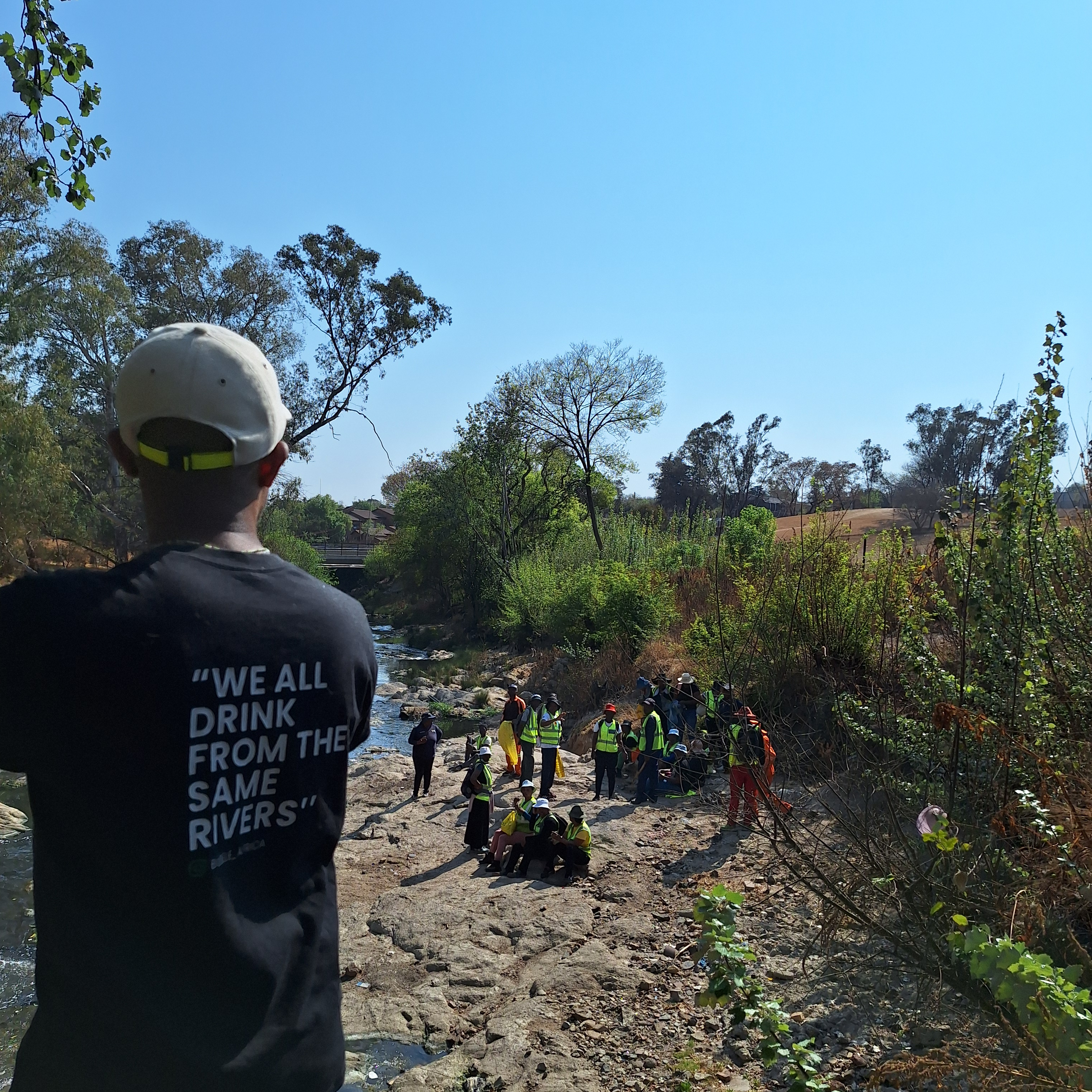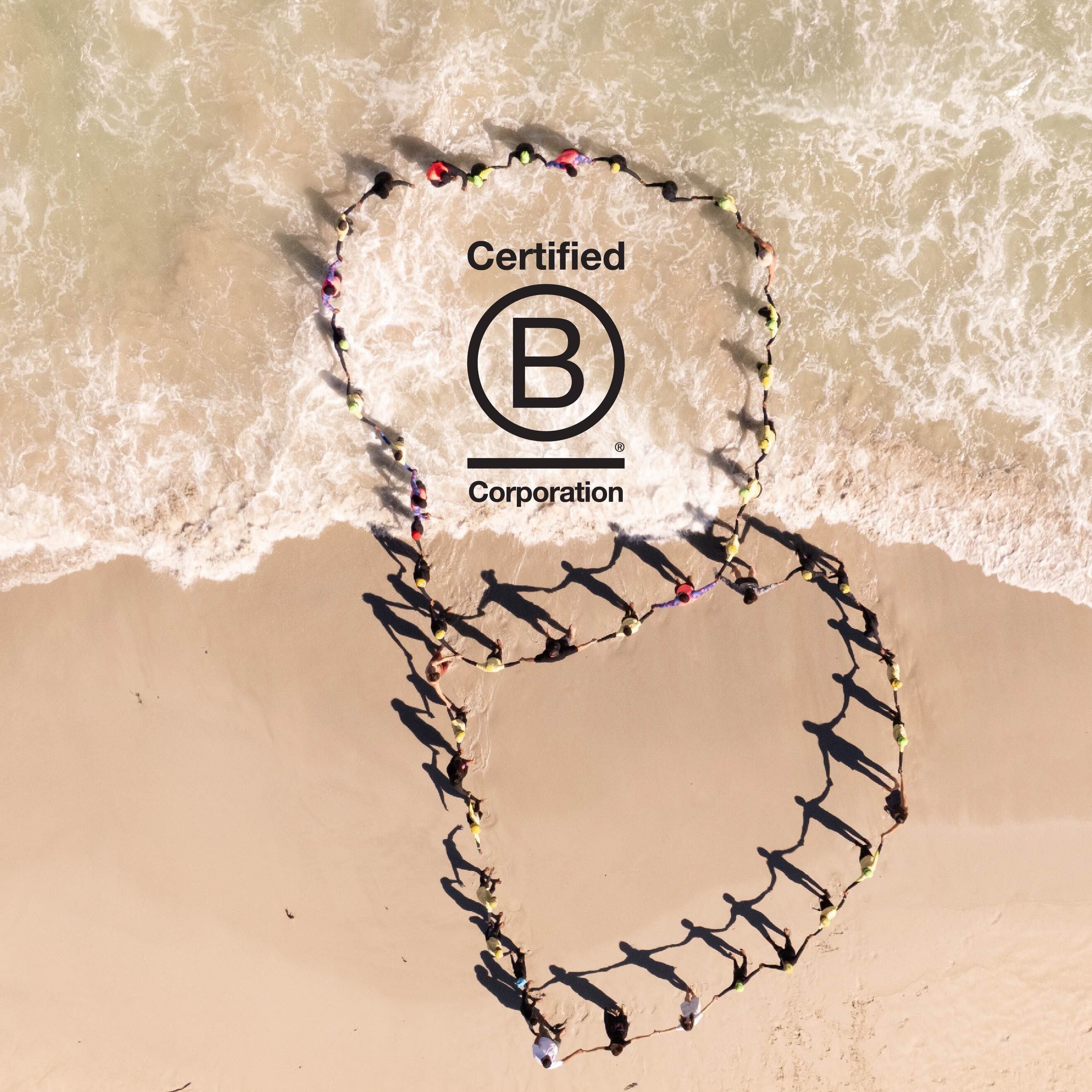In recent months, Cape Town's coastal communities have faced an unprecedented challenge: a rabies outbreak among the Cape fur seal population. This development has raised concerns among residents, authorities, and environmentalists alike. In response, local organisations, public & private, have stepped up to address the situation and ensure public safety.
Discovery of the Rabies Outbreak
The first signs of the outbreak emerged in June 2024 when a domestic dog was bitten by a seal on a Cape Town beach and contracted rabies. Subsequent tests revealed that the seal was infected with rabies, marking the first known outbreak of the disease among marine mammals in South Africa - and only the second time it had ever spread to marine environments (the first, a single infection in the 80’s in Svalbard, Norway, did not spread within the seal population). This finding prompted immediate action from local authorities and wildlife experts, including the retesting of previously collected samples from dead seals.
This retrospective testing revealed that at around 40 of the dead seals sampled to date had rabies, and genetic testing revealed that the strains were very similar - suggesting that it had been transmitted within the population. This genetic testing also revealed a likely origin - a rabid jackal on the Namibian coastline, where seal and jackal populations are in contact. It may even explain the spate of seal attacks experienced pre-2024, like the incident in which an aggressive seal attacked and bit 5 surfers at Muizenberg. Thankfully, none of these humans have contracted rabies although several victims have undergone post-prophylactic treatment.
Efforts to Mitigate the Outbreak
In response to the outbreak, several organisations have collaborated to manage and contain the spread of the disease:
- City of Cape Town: The city's authorities have been at the forefront, committing resources, issuing warnings to the public and ensuring that pets are kept on leashes to prevent potential transmission.
- Sea Search & Shark Spotters: These organisations have been instrumental in monitoring seal behaviour, rescuing affected animals, gathering data and educating the public about the risks associated with rabies in marine mammals.
Risks and Potential Outcomes
Rabies is a fatal viral disease that affects the central nervous system of mammals, including humans. It may be treated in the early stages but once it takes hold of a mammal, it is always fatal. The presence of rabies in Cape fur seals poses several risks:
- Human Health: While transmission to humans is rare, there have been instances where seals have exhibited unusual aggression, increasing the potential for human exposure. Cape Town is also home to some “harbour seals”, populations that live in close proximity to humans in our waterfront infrastructure. There are also many water sports enthusiasts who come into close proximity with seals fairly regularly, so there is a risk for seal to human transmission.
- Pet Safety: Dogs are particularly at risk if they come into contact with infected seals. Pet owners are advised to ensure their pets' rabies vaccinations are up-to-date and to avoid allowing them near seals, particularly those thought to be resting on our beaches.
- Wildlife Impact: The outbreak could have broader ecological implications, affecting the balance of marine ecosystems and potentially leading to further spread among wildlife populations. The Cape is visited by Elephant seals and Leopard seals from Antarctica, that may become infected and spread the virus to sensitive Antarctic ecosystems.
Sealand's Contribution
Demonstrating a commitment to environmental stewardship, Sealand has actively contributed to supporting those addressing the rabies outbreak! We designed and donated 10 specialised marine stretchers to assist in the safe and efficient transportation of both live seals and carcasses. These stretchers have been distributed to key organisations, including Shark Spotters, Sea Search, and the City of Cape Town.
This donation was part of Sealand's commitment to the 1% for the Planet initiative, reflecting our dedication to supporting environmental causes. We were most happy to recommend Sharkspotters as a 1% For The Planet environmental partner and happy to see their successful onboarding help them to unlock more funding as they work to keep our beaches, humans and marine life safe!
The stretchers were gratefully accepted by our Deputy Mayor Eddie Andrews at Sealand Campus, alongside Sharkspotters, CoCt Coastal Management and Solid Waste Management - with our Co-Founder Jasper putting himself on the line and becoming the “test mammal” to be carried! We know this is going to make an unpleasant job just a little easier for the teams that are required to transport large marine fauna and for that we couldn’t be happier!
Public Guidance
Authorities continue to advise the public to exercise caution along the coastline:
- Maintain Distance: Avoid approaching seals, whether they appear healthy or sick.
- Leash Pets: Keep dogs on leashes and prevent them from interacting with seals.
- Report Unusual Behaviour: Notify local authorities if you observe seals displaying unusual aggression or other concerning behaviours.
Through collaborative efforts and community vigilance, Cape Town aims to navigate this challenging situation, ensuring the safety of both its residents and its cherished marine life
Sources:
- iol.co.za
- facebook.com
- telegraph.co.uk
- apnews.com





